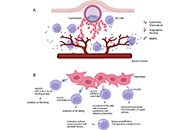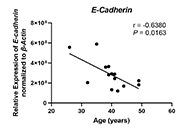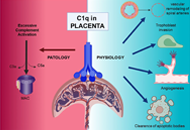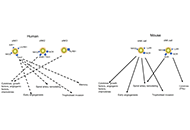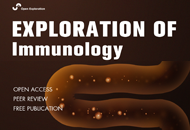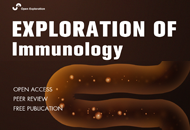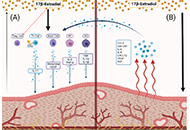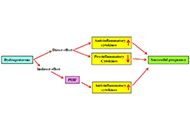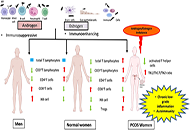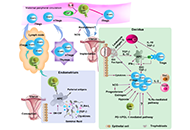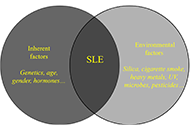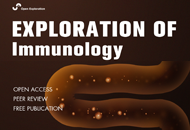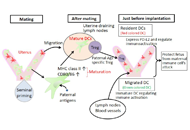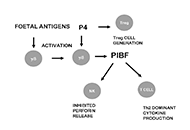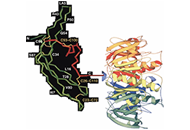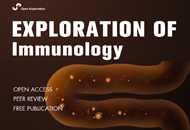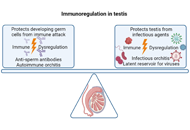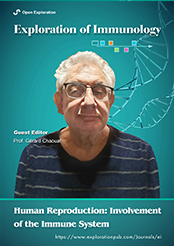
Human Reproduction: Involvement of the Immune System
Guest Editors
Dr. Gérard Chaouat E-Mail
Emeritus of Hospital Saint Louis, Paris, France
Research Keywords: T cell, reproductive Immunology, placental suppression, NK cell
Dr. Satish Kumar Gupta E-Mail
ICMR Emeritus Scientist; Former J. C. Bose National Fellow; Former Deputy Director, National Institute of Immunology, Indian Council of Medical Research, Ramalingaswami Bhawan Ansari Nagar, New Delhi-110 029, India
Research Keywords: Reproductive Immunology/Biology, cell Biology, vaccine, immunodiagnosis
Dr. Nathalie Lédée E-Mail
Director of Medical Assisted Reproductive Services, Pierre Rouques Hospital, Paris, France
Research Keywords: Embryo implantation, oocytes, ICSI, implantation assisted reproductive techniques, embryo transfer
About the Special lssue
Prof. Gérard Chaouat, a leading figure in the field of immunology, was passed away on April 23, 2021, during editing this special issue. The subsequent work of this issue was managed by Dr. Satish Kumar Gupta & Dr. Nathalie Lédée.
We sincerely thank Prof. Chaouat for his efforts and strong support to our journal and this special issue. We will continue to keep this special issue on our journal website in honor of Prof. Gérard Chaouat.
From the Medawar paradox of "non rejection of the foetal allograft" by Sir Peter Medawar and early work of Freund on gamete autoimmunity, Immunology of Reproduction has massively evolved, with its failures (human anti HcG contraceptive vaccines) to present management of uterine cytokines allowing in Assisted Reproductive technology women with repeated implantation failures to obtain a greater success of pregnancy when they are properly treated than normal classical intercourse in healthy women. Among the conceptual revolutions is the fact that Natural Killer cells, viewed in the 80s as a threat to the foe to placental unit, which indeed can behave in pathological situations. As far as uterine NK cells are concerned, they are NECESSARY for successful pregnancy and secreting angiogenic factors. This issue will explore physiology and pathology of Human Reproduction, including pre-eclampsia which now is demonstrated to be a paternal specific immune deregulation of the "recognition" of the foe to placental unit. After a general introduction on the key steps of evolution of our concepts, totally unexpected in the 80s, we will examine each topic step by step.
We believe such a survey, which we will request to be as accessible as possible to foreigners to the field, will fascinate immunologists and remind them that surprisingly, as human primates, without the circuits we will describe, …. They would not be there, and that in this respect immunology now appears physiologically as important as endocrinology in reproduction.
Keywords: Immunity reproduction gametes, tolerance placenta, immunopathology
Published Articles
